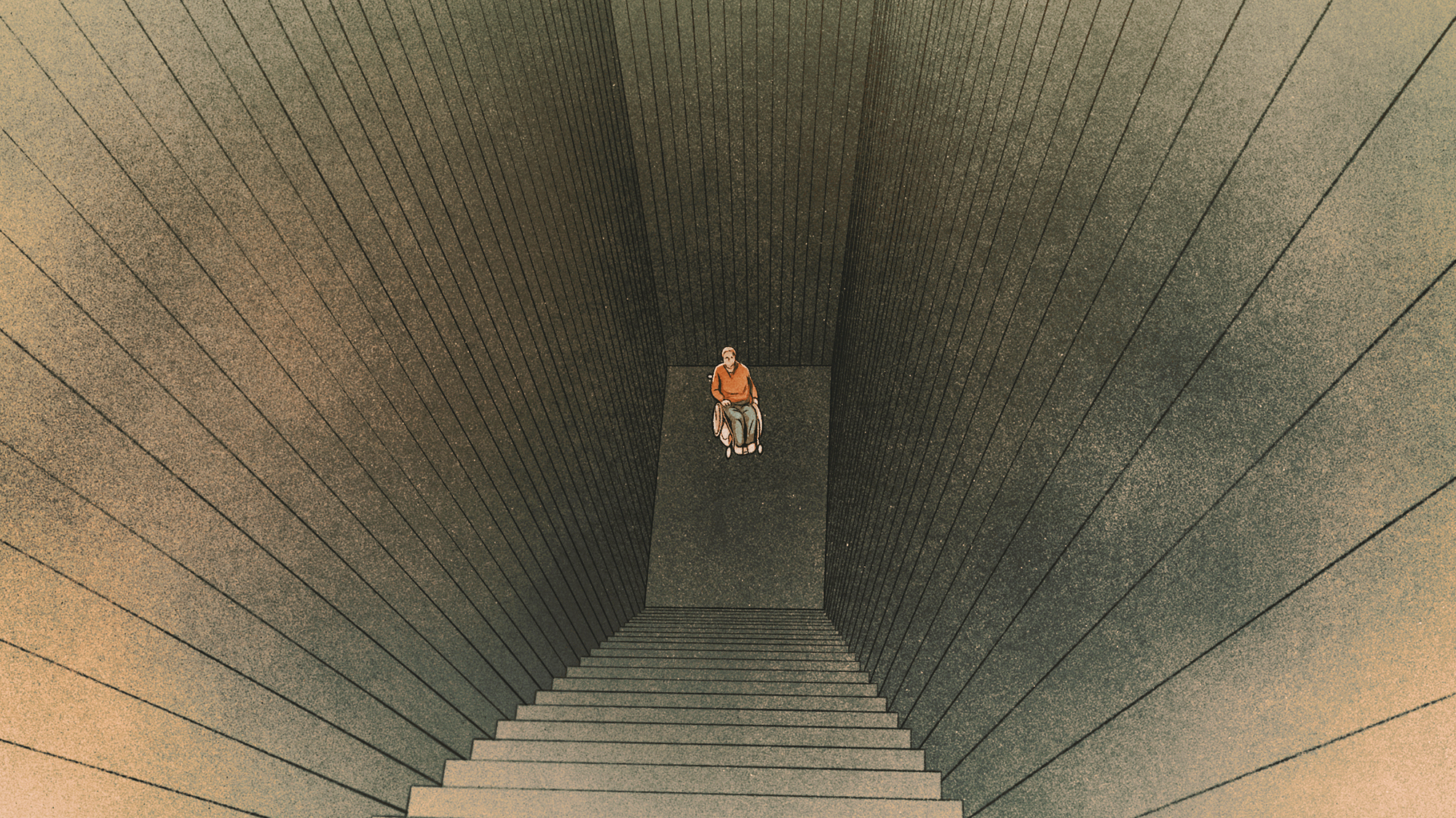The MoJo Daily newsletter, Monday through Friday.

California, home to more than one in 8 Americans, has been on a roll lately. Last week, state air regulators voted to phase out gas-powered cars. Yesterday, it took a huge step toward securing sectoral bargaining for fast-food workers. And this week, its legislature passed—with unanimous, bipartisan support—a bill that would require social media companies to consider their products' effects on kids' mental and physical health. When I was in high school, I would have scoffed at the notion that Instagram—or any social media platform—could be detrimental to teens' health. As a so-called "digital native," I was used to adults trying to scare me about the internet. I even remember playing an absurd video game in my middle school computers class meant to scare students about the possibility that their online behavior could get them abducted. (Child abduction is incredibly rare, and cases facilitated by social media interactions are even rarer.) But that was several years ago, before a pandemic that shifted much of our lives online; before a damning Wall Street Journal report revealing that Facebook knew about its empire's negative effect on teen girls' mental health; and before I felt Instagram amplifying my insecurities and instilling in me so much dread that I had to delete it off my phone. I still use social media, and I like to think that my attention span is intact, but part of me believes that these sites are deeply detrimental both to society at large and to kids' developing minds. Unsurprisingly, Facebook, Snapchat, and Twitter lobbied against California's bill, which would require social media sites to limit features that encourage kids to share private information; mandate that privacy policies be written in language kids can understand; and, crucially, obligate the companies to mitigate harm before releasing features likely to be accessed by kids. The passage of the bill is an especially big deal given the number of tech companies that call California home. The bill now heads to the desk of Gov. Gavin Newsom, who hasn't announced whether he'll sign it. —Abigail Weinberg |
|
|
Ugly carpeting, Time magazine covers, and lots of "Top Secret" labels. |
|
|
BY NINA LAKHANI AND OLIVER MILMAN |
|
|
"Disabled is a legal term, not really a medical term." |
|
|
Support from readers allows Mother Jones to do journalism that doesn't just follow the pack. |
|
|
|











No comments:
Post a Comment